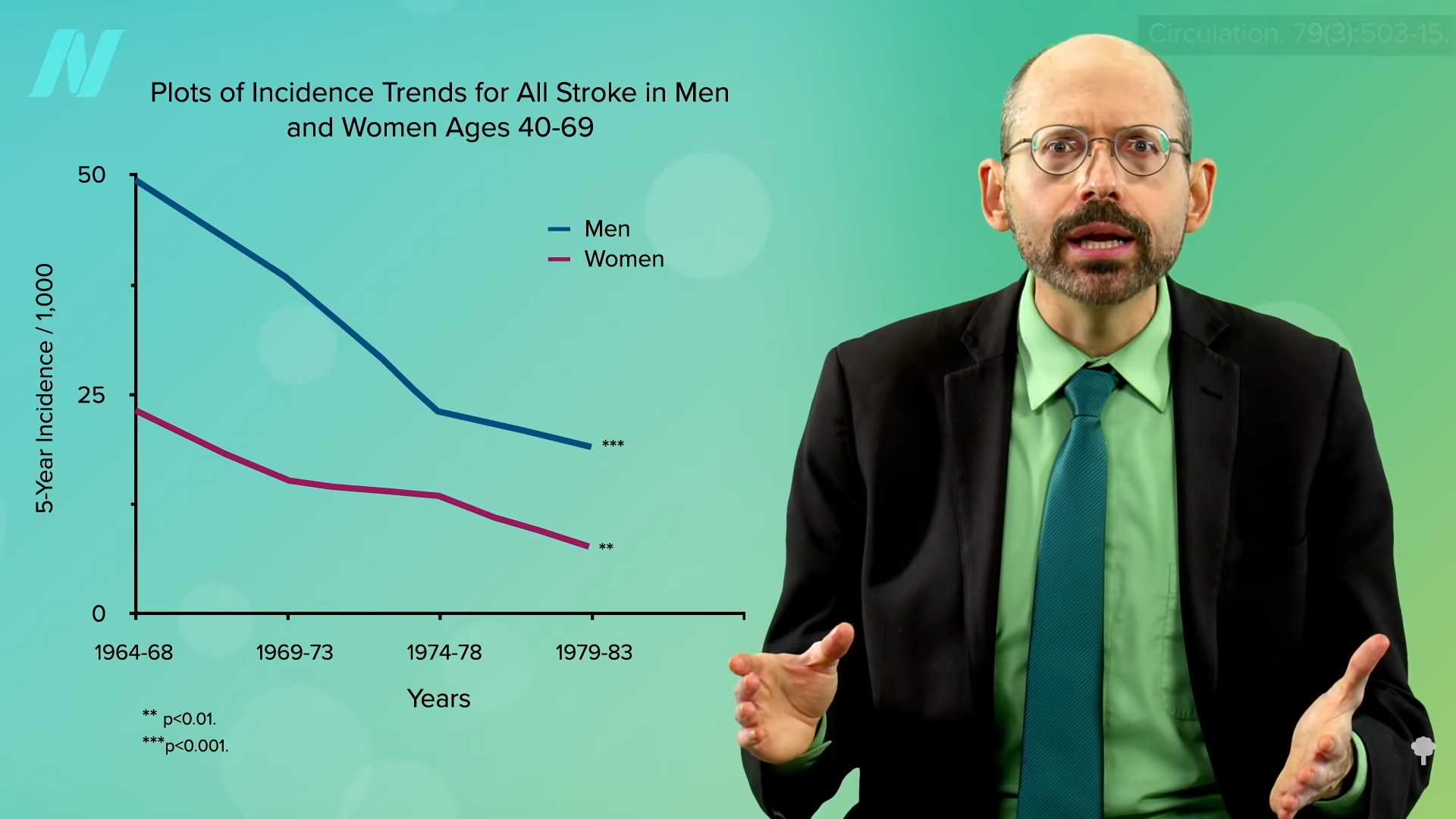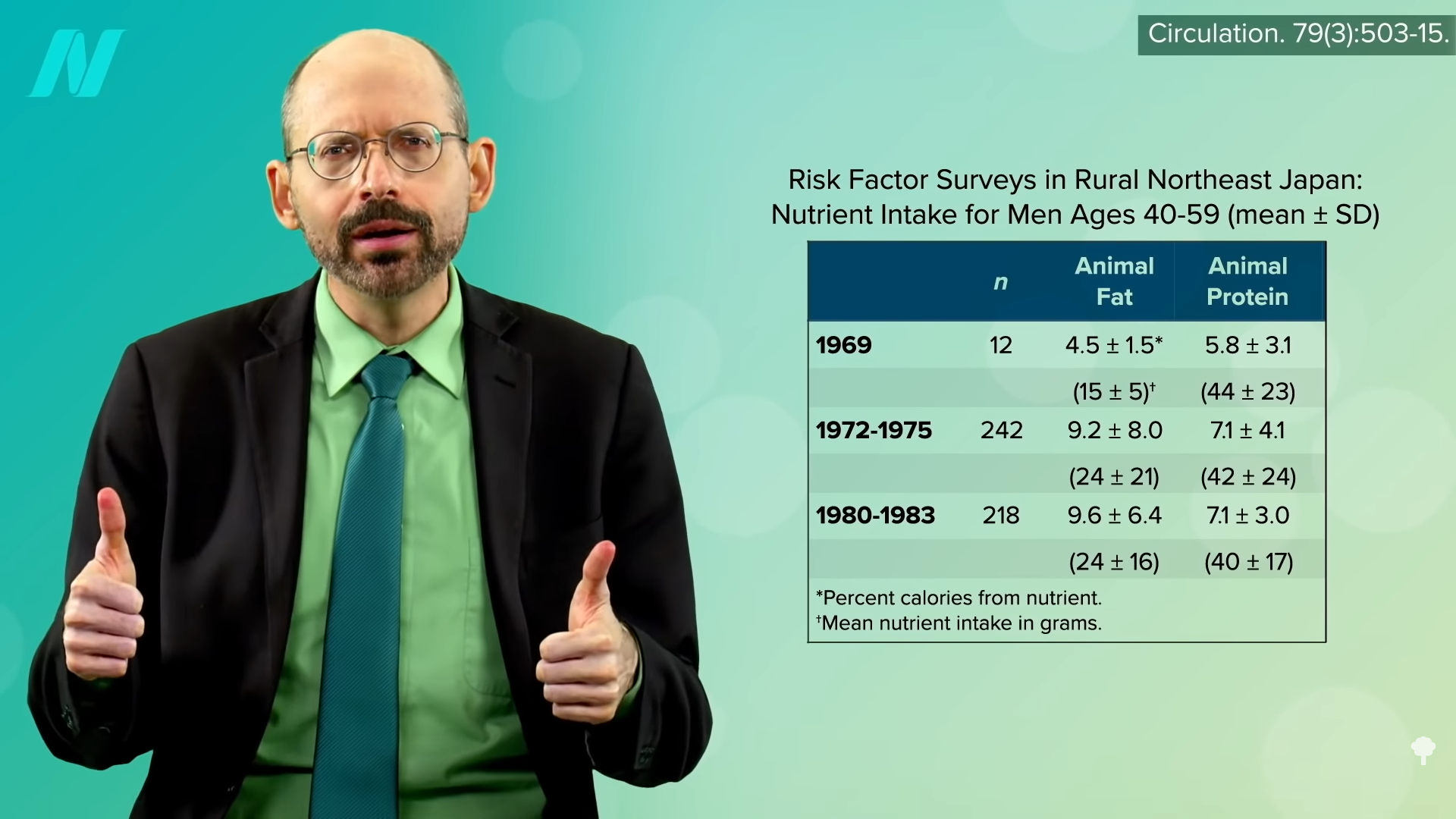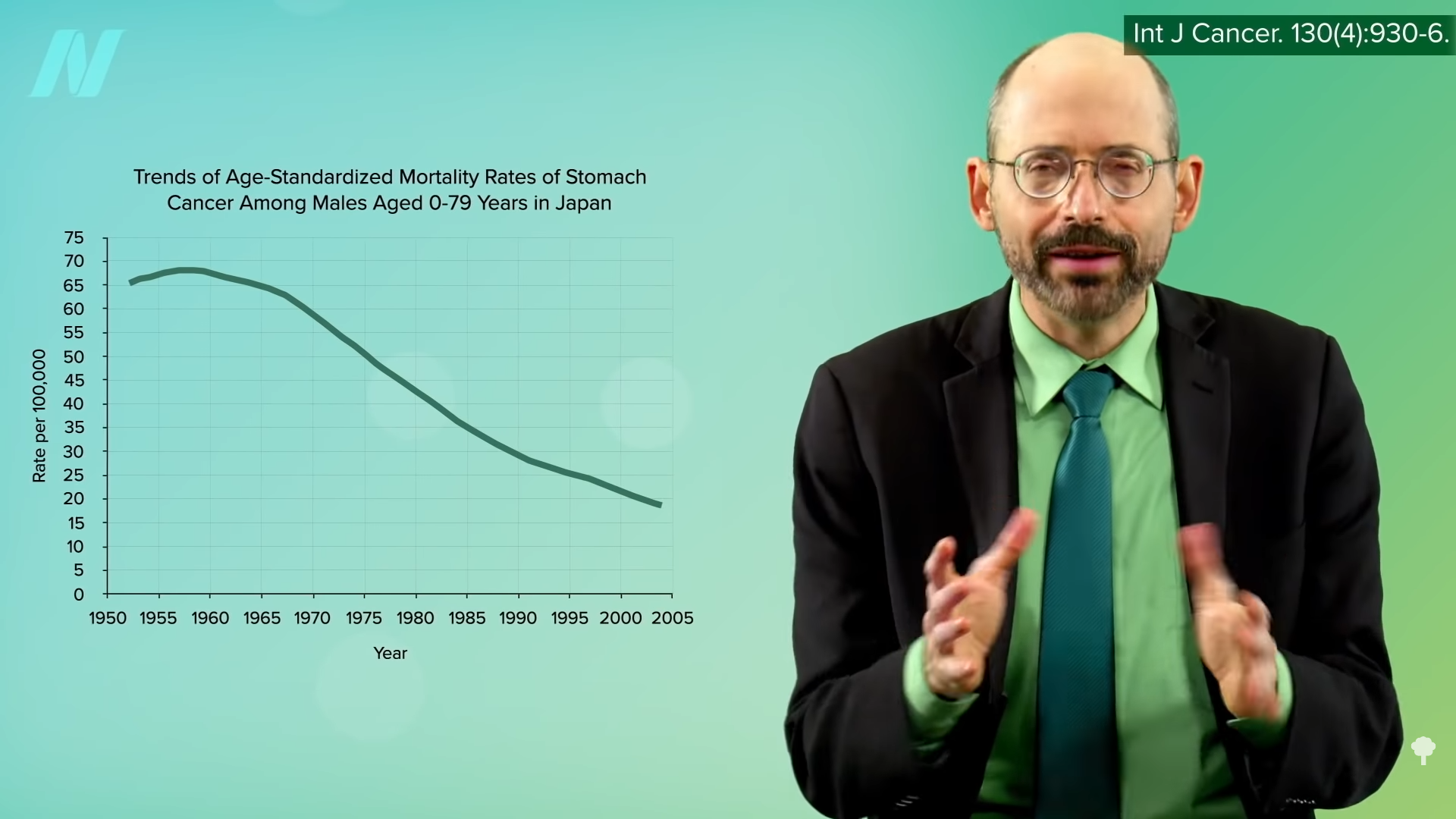Unlocking the Mystery: How the Westernized Japanese Diet Reduced Stroke Risk
Have you ever wondered why the stroke rate in Japan drastically dropped as the country’s diet became more westernized, incorporating more meat and dairy products? Let’s delve into the fascinating journey of the Japanese diet and its impact on stroke risk.
Initially, stroke was a leading cause of death in Japan. However, as they transitioned away from their traditional diets to adopt a more westernized eating style, their stroke mortality rates significantly decreased. The consumption of animal fat and protein increased during this period, raising questions about the protective effect of these dietary changes.

A Loma Linda cardiology professor commented on this intriguing phenomenon, expressing surprise at the unexpected direction of the data regarding stroke subtypes. The link between dietary saturated fat, commonly found in meat and dairy products, and stroke risk was also explored, revealing a protective association in East Asian populations.

Further research uncovered that high saturated fat intake was linked to a reduced risk of stroke in the Japanese population specifically. This led to speculation about the elements of the traditional Japanese diet that contributed to the decrease in stroke risk amidst the westernization of dietary habits.

Notably, as meat and dairy consumption increased in Japan, their salt intake decreased significantly. The traditional Japanese diet, known for its high salt content, posed a risk factor for stroke mortality. With the reduction in salt intake, blood pressure levels also dropped, highlighting the pivotal role of dietary changes in stroke prevention.

The correlation between salt intake and stroke mortality in Japan underscored the importance of dietary modifications in enhancing cardiovascular health. As the Japanese population shifted towards a more westernized diet, obesity, diabetes, and coronary artery disease rates rose, yet stroke mortality rates declined, reflecting the profound impact of dietary changes.
Stomach cancer, closely linked to excessive salt consumption, exhibited a notable decline as Japanese dietary patterns shifted away from salt-rich preserved foods. This trend highlighted the intricate relationship between diet and disease prevalence, emphasizing the role of dietary components in shaping health outcomes.

While the Japanese experience shed light on the impact of dietary changes on stroke and cancer rates, the contrasting health outcomes in the United States underscored the role of diet in disease prevention. The surge in fatal cancer rates in the U.S., attributed to increased animal product consumption, highlighted the need for balanced dietary choices.

As research delved deeper into the link between dietary fats and stroke risk, conflicting findings emerged regarding the protective effects of saturated fat. While some studies suggested a potential association between certain fats and stroke prevention, the consensus pointed towards the significance of overall dietary patterns in mitigating stroke risk.
The intricate interplay between cholesterol levels and stroke risk further highlighted the multifaceted nature of cardiovascular health. While low cholesterol levels may signify underlying health issues, maintaining optimal cholesterol levels through dietary interventions proved crucial in reducing stroke risk.
Exploring the nuances of stroke risk among vegetarians unveiled intriguing insights into the impact of plant-based diets on cardiovascular health. As researchers continue to unravel the complex relationship between diet and disease, the quest for dietary strategies that safeguard against heart disease while minimizing stroke risk remains ongoing.
In conclusion, the evolving landscape of dietary research offers valuable insights into the profound influence of diet on cardiovascular health outcomes. By examining the Japanese experience and global dietary trends, we gain a deeper appreciation for the intricate connections between dietary choices and disease prevention.
Stay tuned for more fascinating revelations in the realm of dietary science, as we uncover the secrets to optimal health and well-being through informed dietary choices!














